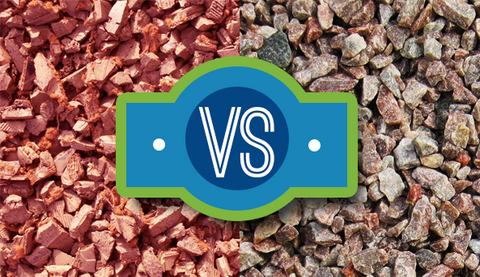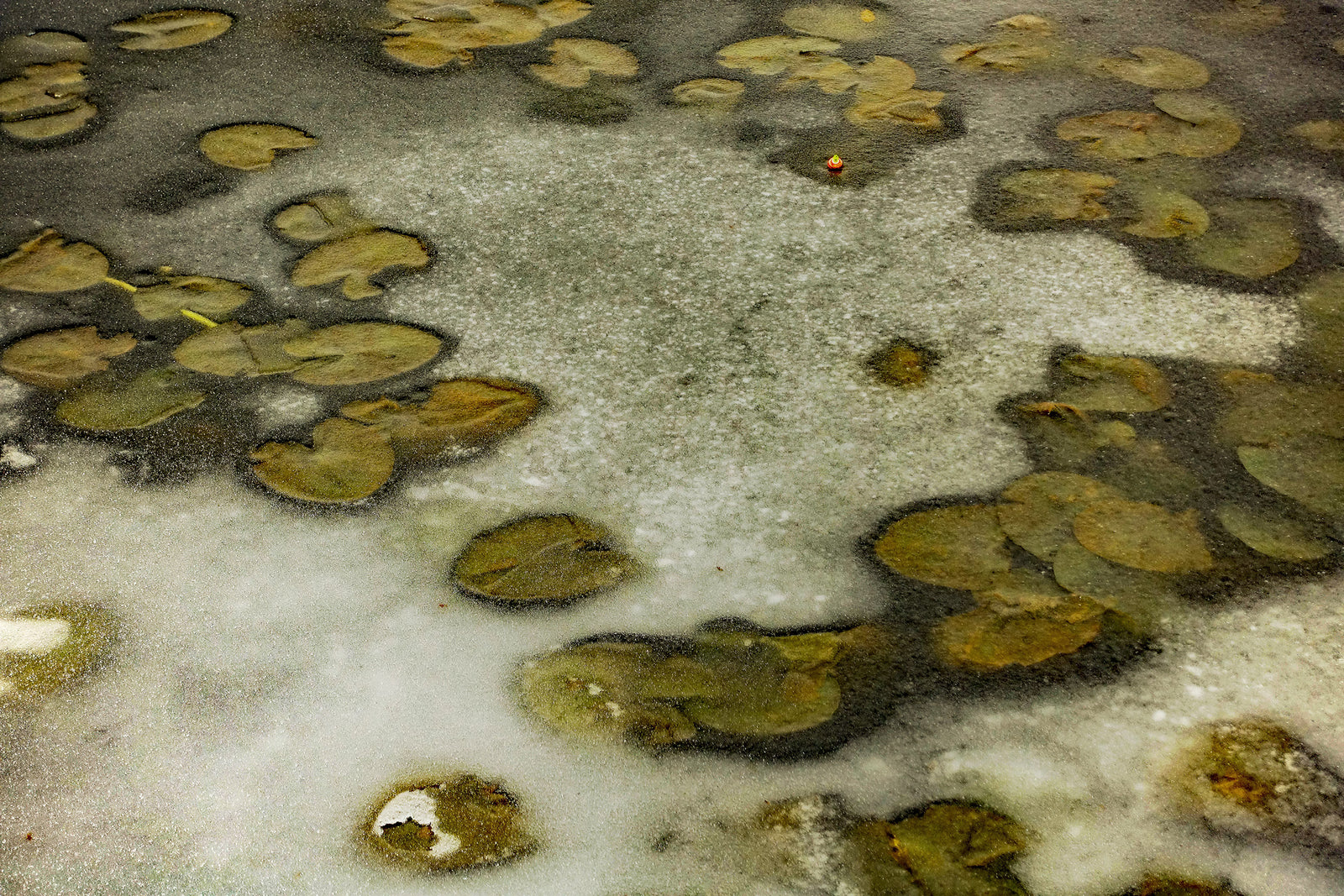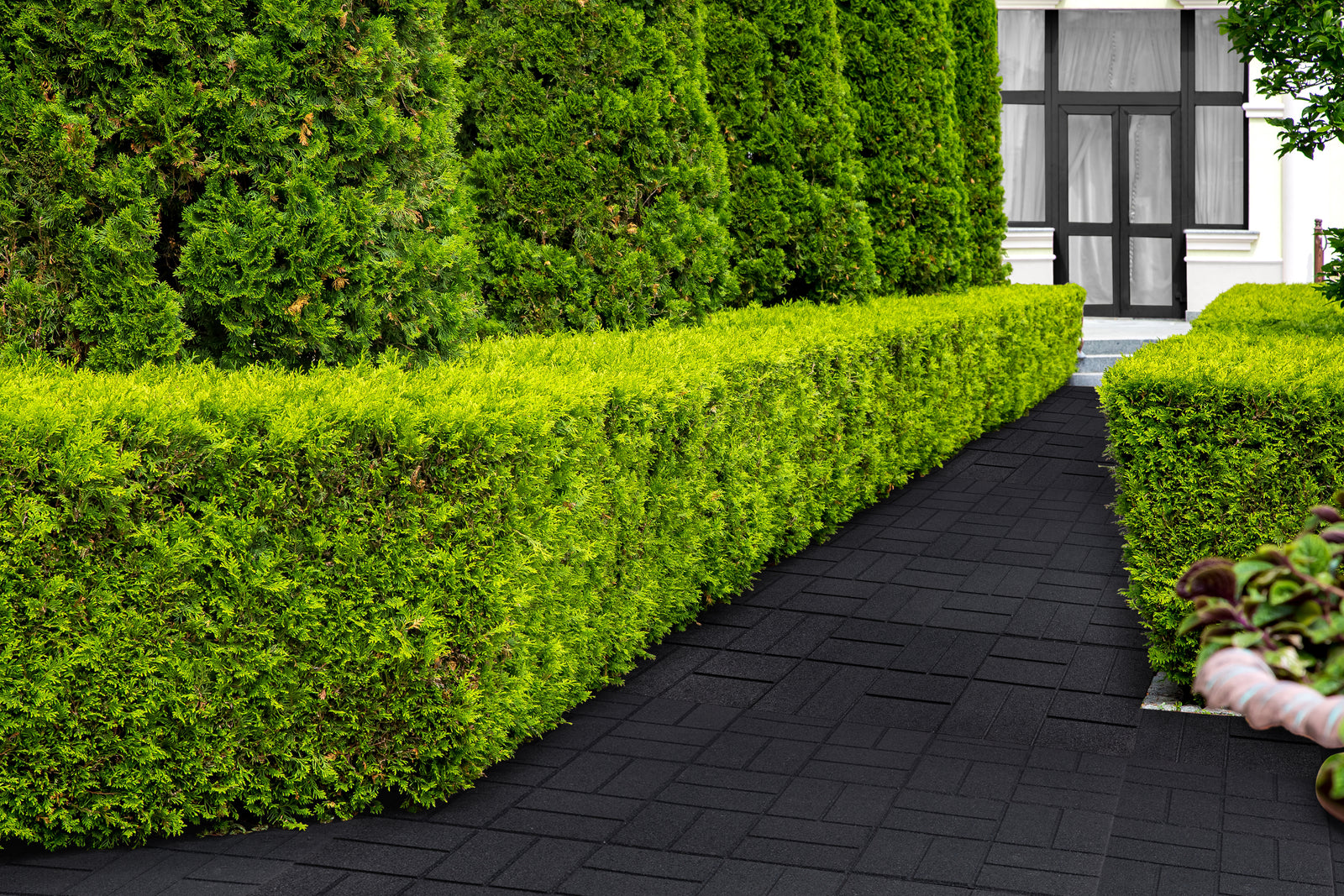September 03, 2023
Rubber Mulch vs. Rock

What are the nutritional benefits of rubber mulch and rocks to soil in gardening?
Rubber mulch and rocks differ significantly in their contribution to soil health. Rubber mulch, being synthetic, doesn't add any nutrients to the soil. It's stable and less prone to displacement, which aids in effective fertilization and irrigation. However, its lack of nutrient contribution is a notable downside. Rocks, while organic, also don't offer nutritional benefits as they don't break down to provide essential minerals or organic matter. Their primary benefit lies in acting as a protective layer of insulation, especially beneficial for cold-sensitive plants in harsh climates.
How do the lifespans of rubber mulch and rocks compare as mulching materials?
The longevity of rubber mulch and rocks is a significant factor in their appeal. Rocks, being heavy and non-degradable, offer an extended duration of utility in gardens. Similarly, rubber mulch, often made from recycled tires, boasts impressive longevity. It can last up to a decade or more without significant degradation. Both are long-lasting compared to lighter, organic mulches like wood chips, making them attractive for long-term landscaping investments.
What are the durability aspects of rubber mulch and rock mulch in gardens?
Both rubber and rock mulches are highly durable. Rubber mulch, made from recycled tire rubber, is designed to withstand high winds, heavy rains, and other harsh environmental conditions. Rock mulch, often sourced from volcanic deposits, shares this resilience. Their ability to endure tough environmental conditions makes them ideal choices for low-maintenance gardens and landscapes that face regular exposure to the elements.
Are rubber mulch and rock mulch cost-effective options for gardening?
When considering cost-effectiveness, rubber mulch typically has a higher initial cost per square foot compared to rock mulch. However, the long-term perspective changes this dynamic. Both materials, due to their durability and longevity, require less frequent replacement. This attribute makes them low-maintenance and cost-effective in the long run, despite the higher upfront investment for rubber mulch. Rocks, being more readily available, often come at a lower initial cost.
How do aesthetic preferences influence the choice between rubber mulch and rock mulch?
The choice between rubber mulch and rock mulch often boils down to personal aesthetic preferences. Rock mulch appeals to those who prefer the natural beauty and organic feel of rock formations in their garden. On the other hand, rubber mulch offers more flexibility in terms of color and design, catering to those looking for vibrant, colorful landscaping themes. The decision between the two can therefore hinge significantly on the visual and stylistic preferences of the gardener or landscaper.

Also in Rubber Mulch Blog

Embracing Eco-Friendliness by Choosing Rubber Mulch for Your Playground
June 17, 2025
“Reuse, Recycle, and Reduce” are three main aims when it comes to preserving the health of our planet. Rubber mulch definitely falls within their scope. Conserving resources, energy efficiency, and better health for kids are all rubber mulch benefits.

Effective Mold and Fungi Prevention: The Hidden Value of Rubber Mulch
October 31, 2024

Create Your Own Sensory Path with Rubber Pavers
October 28, 2024
shop
Copyright © 2026 RubberMulch.com - All Rights Reserved.






